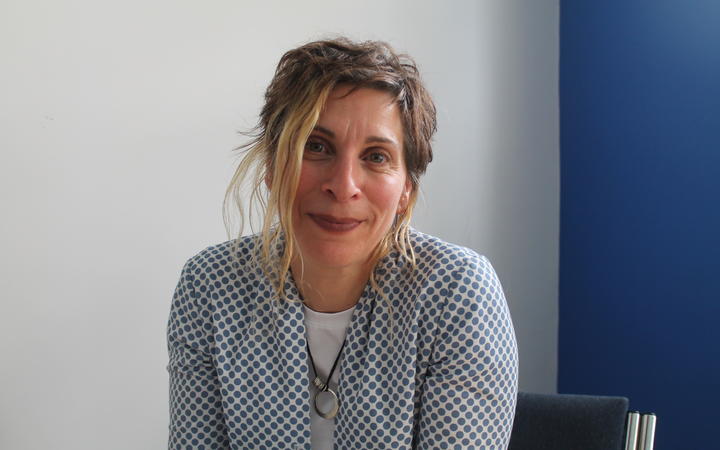
UN special rapporteur on adequate housing Leilani Farha has been in the country for 10 days on invitation from the Government to independently investigate the state of New Zealand's housing.
At her press conference in Wellington yesterday, Farha revealed her shock at the number of people living without dignity in New Zealand.
The root of the crisis laid, she said, in the gutting of social housing and a speculative housing market.
"What the Government has done over successive years and successive governments is they have entrusted this fundamental human right in large part to private property owners and real estate investors. That's pretty dangerous."
Farha discovered in areas there were enough houses and apartments to buy or rent, but the supply only catered to those few who can afford them.
And she said Māori, Pasifika, single parents and those with disabilities were just a few of those groups at the sharp end of the crisis.
"When I meet a family of six, with their belongings piled up, without a stove, with a teeny little bathroom, when I meet people who are afraid their rent will increase such that they won't be able to stay in their place, when I meet Māori who've been dispossessed of their lands and resources, I know that what's happening here is not actually a housing crisis - it's a human rights crisis."
Farha commended the Government for acknowledging there is a crisis and for it and other groups having a bunch of good ideas floating around.
But she said it was now time for a bold, cohesive plan.
"That underlying foundation that I suggest is a human-rights based national housing strategy. That's very different from a smattering of policies where housing is recognised as a fundamental right."
That strategy must require more Māori in positions of leadership, she added.
LEADERS RESPOND
Chief Human Rights Commissioner Paul Hunt said it was helpful to have people like Farha to give countries a reality check.
"There's nobody in these islands that can pull off the shelf: 'that's what decent housing looks like in Aotearoa' - it's a discussion we have to have here. We can learn a lot from the UN special rapporteur on adequate housing."
Farha's conclusions echoed those of the Human Rights Commission, he said.
"Framing something as a human rights issue elevates the issue in importance."
He said it was time New Zealand looked to countries such as Canada, which recognised housing as a fundamental human right in law.
Brennan Rigby from Community Housing Aotearoa felt that Farha's investigation validated a lot of the work community housing groups were doing.
"Some of the things I found really lovely about the conference was the way [Farha] contextualised the Treaty really as a human rights instrument and a reminder that human rights and the Treaty are about human dignity. If we can forget labels like 'capital gains tax' or 'kiwibuild' and start thinking about this, then we do actually start having a different conversation."
Housing Minister Megan Woods met with Farha and said she had frank conversations about the future of housing policy.
She said the Government was in the "throes of consulting with different stakeholders" and that the human rights based approach was something they could consider.
The UN's special rapporteur's full report on New Zealand's housing will be released this time next year.
Comments
Ignores the impact of high immigration. Ignores the impact of government policies that favour housing as an investment and discourages other forms of investment. The government can not house everyone in NZ so it must encourage individuals, private citizens to house themselves, as they feed themselves, entertain themselves, education themselves etc. The government can not do it all - aka other taxpayers.
'The UN's special rapporteur's full report on New Zealand's housing will be released this time next year.' By which time housing will be even more unaffordable than it is now and either a Labour led coalition will have done nothing or a National led coalition will have cut taxes and made matters worse.
"housing crisis a "significant human rights crisis" and it's time the right to housing was wrenched from the hands of the private market."
As someone that has seen first hand the standard of housing and human rights in socialist countries, I'm totally appalled that such a twisted ideolog be invited to comment on our housing issues.
Who paid the bill for such predictable comments from this women.
No matter where she goes in the Western free world, where property rights are entrenched with human rights, her pitch is the same; the government must take control of private property to advance human rights.
That's as oxymoronic as saying the village needed to be destroyed to save it from the enemy.
First she will say the government created the issue, which is true. Then she will say the government needs to take MORE control to fix it, because the people can't fix it for themselves.
I say the government created the issue so stop getting in the way.
The people of NZ have more decency than the socialist ideology, elitists want to force on us.
I sure hope this North American UN R apporteur's had a good look in her own back yard before making judgement on New Zealand. I'd hardly give LA's Skid row the thumbs up!











